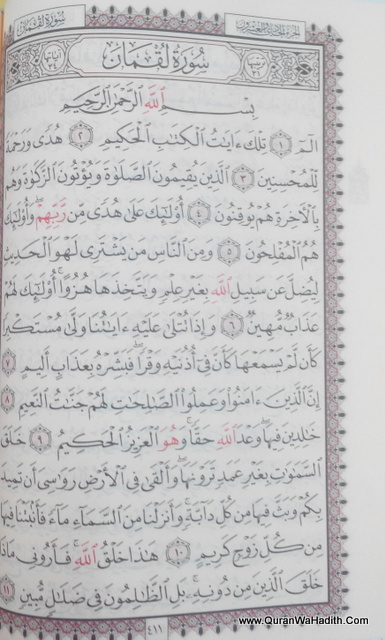

Īccording to Mahmud Ramyar, the author of Tarikh-i Qur'an (the history of the Qur'an), the compilation of al-Mushaf al-Uthmani was accomplished with the highest degree of precision. Uthman told the group to apply the Quraysh dialect if there is a disagreement over a word, since the Qur'an was revealed with the dialect of the Quraysh. It was also based on manuscripts of Quranic suras transcribed in the period of the Prophet (s) as well as Ubayy's mushaf. Īccording to historical accounts, al-Mushaf al-Uthmani was compiled in accordance to a manuscript that was transcribed in the period of Abu Bakr. Thabit by saying: "the compilation of the Qur'an is assigned to someone who was not still born when I converted to Islam". Mas'ud, a prominent companion of the Prophet (s), objected to the choice of people. The other three people were all from the Quraysh and were Uthman's sons in law. He was from the Helpers and was trusted by Uthman and was in charge of the Treasury (Bayt al-Mal).

Thabit was the head and supervisor of the group. Muhammad Hadi Ma'rifat, a scholar of Quranic sciences and the author of al-Tamhid fi 'ulum al-Qur'an, explains the account on which twelve people were involved as follows: the four people could not accomplish such a heavy task on their own thus, they asked for the help of other people such as Abd Allah b. On this account, four people were in charge of the compilation: Zayd b. Khattab, who cooperated with the compilation group. Malik and Aslam, an emancipated slave of Umar b. Some people take the most reliable account to be the one provided by Anas b. Yet there are also accounts that take five people or twelve people from the Quraysh and the Helpers to be in charge of the compilation. On another account, the group consisted of the latter two in addition to Ubayy. Thabit was in charge, but on another account, he and Sa'id b. There are different accounts of who was in charge of the compilation of al-Mushaf al-Uthmani.

Thus, in their view, the compilation of the Qur'an began in 25/646 or in late 24/645 and early 25/646, and was finished in 30/655. al-'As, one of the four compilers of al-Mushaf al-Uthmani, was not present in Mecca from 30/651 to 34/655. Some scholars of Quranic sciences have cited certain evidence to show that the latter view is inaccurate. According to Ibn al-Hajar al-'Asqalani, a Shafi'i muhaddith of eighth/fourteenth and ninth/fifteenth centuries, the compilation took place in 25/646, but according to Ibn al-Athir, a historian of sixth/twelfth and seventh/thirteenth centuries, it took place in 30/651. There is a disagreement over when al-Mushaf al-Uthmani was compiled. He also ordered the destruction of all available manuscripts of the Qur'an in different Islamic areas at the time. Affan ordered four people to compile a single Quranic manuscript based on the available manuscripts at the time. Sayyid Muhammad Baqir Hujjati, a scholar of Quranic sciences, has quoted al-Tabari as saying that such disagreements sometimes led to takfir. Each group of the companions considered their own mushaf to be the right one, and took other manuscripts to be inaccurate or fabricated. Since mushafs compiled by the companions were different in their arrangements of suras and spellings, they gave rise to disagreements among Muslims over the Qur'an. The Reason for the Compilation of al-Mushaf al-Uthmani al-Aswad were the best-known mushafs compiled by the companions. Ka'b, Mushaf of Abu Musa al-Ash'ari, and Mushaf of Miqdad b. Mushaf of Imam Ali (a), Mushaf of Abd Allah b. Thus, many mushafs or manuscripts came to exist. Every one of the companions began to compile their own Quranic manuscript after the Prophet's demise. The compilation of the Qur'an with separate suras and the arrangement of its suras were carried out after the demise of the Prophet (s) by his companions. According to Quranic scholars, the Prophet (s) himself never compiled the whole Qur'an within a single manuscript, although he had specified Quranic verses and names of Quranic suras. According to historical sources, such use of the word traces back to the period of Abu Bakr. "Mushaf" is a word referring to the Qur'an. Main articles: Mushaf and Compilation of the Qur'an


 0 kommentar(er)
0 kommentar(er)
